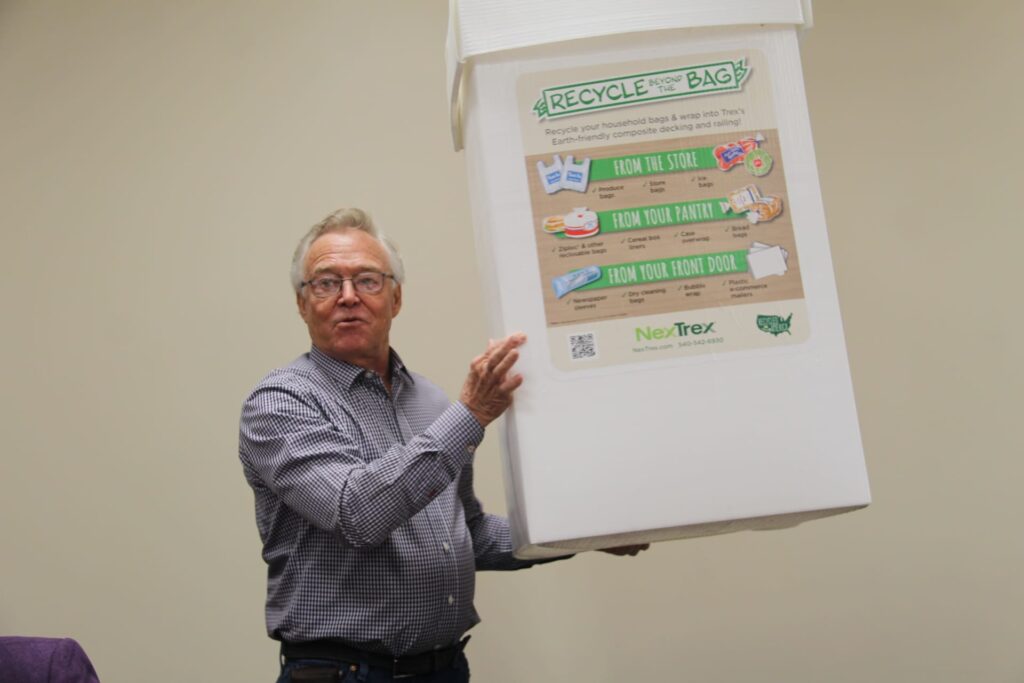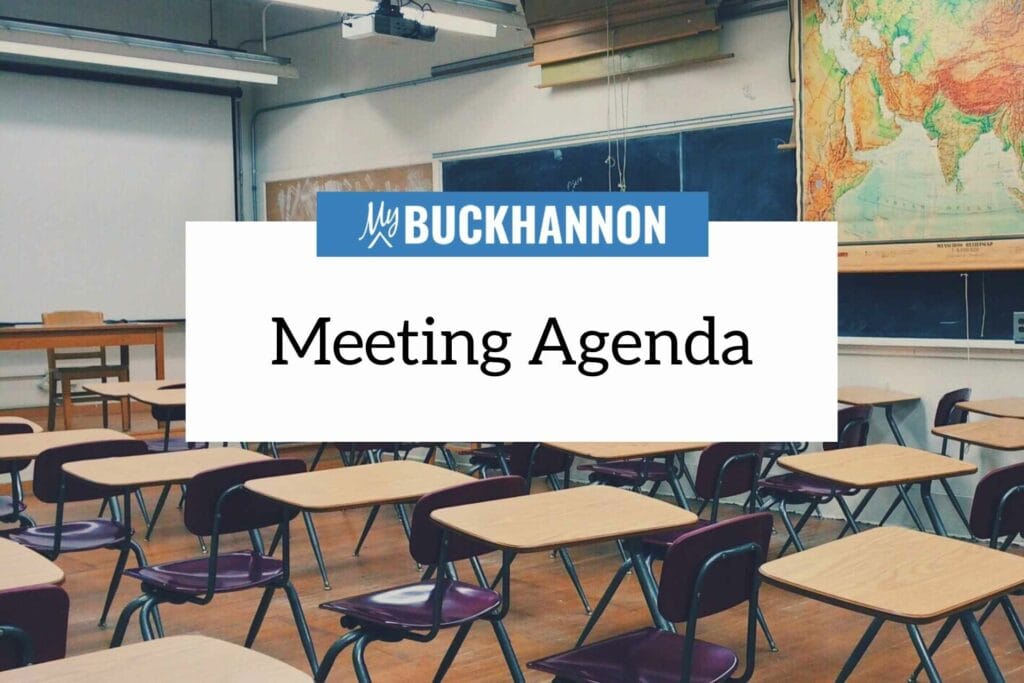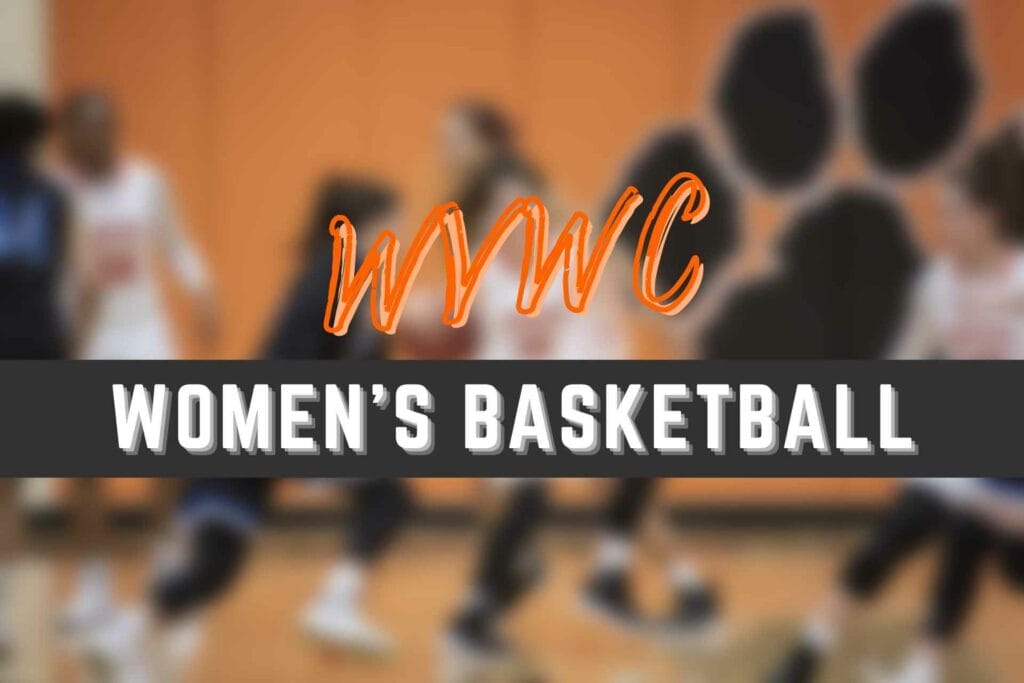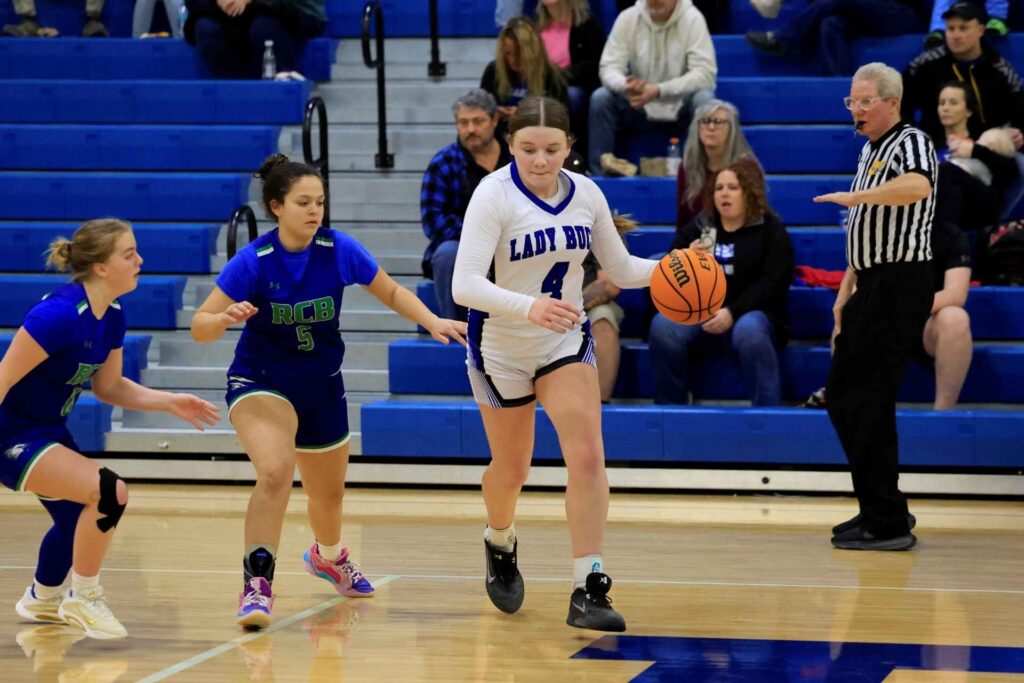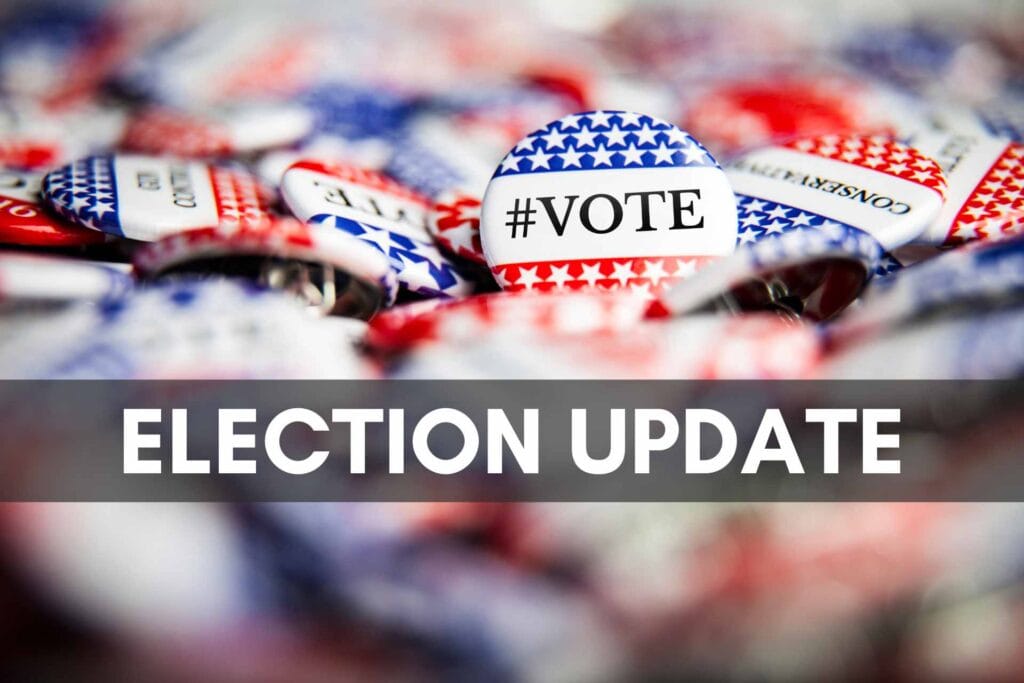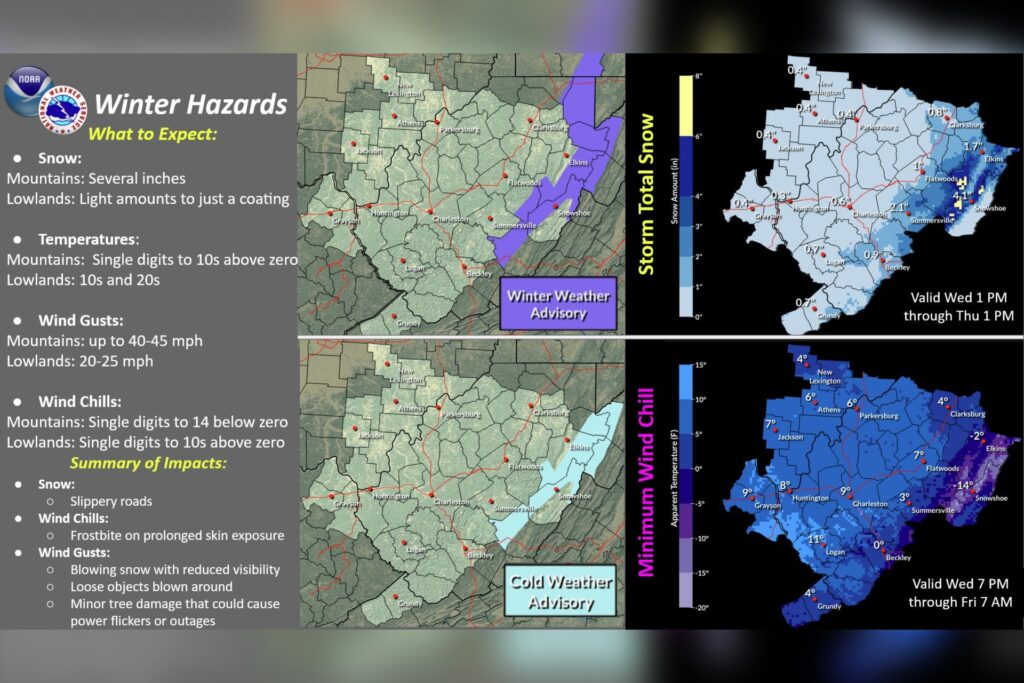One isn’t just the loneliest number. It may also be the unhealthiest.
New research led by Laurie Theeke, a professor and nurse practitioner in the West Virginia University School of Nursing, suggests that loneliness may be making it harder for middle-aged Appalachians to manage chronic conditions, such as diabetes, obesity and high blood pressure.
“There’s a massive body of literature about the prominence and negative health effects of loneliness in older people,” said Theeke, who directs WVU’s Ph.D. program in nursing. Her study’s focus on loneliness among middle-aged adults, rather than the elderly, is one thing that sets it apart.
The study was funded by the WVU School of Nursing Research Fund. Its results have been accepted for publication in an upcoming issue of “Applied Nursing Research.”
The 90 participants in her study ranged from 45 to 64 years old. All were patients at a primary care clinic in West Virginia. They lived in the Appalachian regions of Maryland, Pennsylvania and West Virginia. Each had at least one chronic illness. The average participant had about three.
Loneliness predicts poor health, functional decline and early death in older adults, making Theeke’s study especially relevant to Appalachia, where chronic cardiovascular and metabolic disorders are rife.
The researchers used surveys to gauge how lonely the participants were and, conversely, how bolstered they felt by social support. They also assessed participants’ responses to loneliness by surveying levels of anger and depression, and their functional and cognitive abilities.
In addition, the researchers used a tool called the Self-Management Ability Scale that gives a broad picture of the internal resources people use to manage life so that they can be physically and socially well. The SMA-S is an 18-question survey that assesses how people invest in resources for long-term health gains, believe in their own abilities, maintain a positive state of mind, and exhibit other resilient tendencies.
These data are important because self-management ability has been linked to improved health outcomes. But scientists still don’t know how—or if—loneliness relates to it.
Theeke’s research team found that lonely participants scored consistently worse on the SMA-S than their socially engaged counterparts. In fact, over half of the variance in SMA-S scores (54.8 percent) was attributable to loneliness, even after researchers controlled for age, anger and depression. On the other hand, participants who reported feeling socially supported scored better on the SMA-S.
More broadly, Theeke’s findings suggest that middle-aged, Appalachian men may be particularly lonely. The men who participated in the study reported being far lonelier than the women. The average man scored 46.8 (out of 80 possible points) on the assessment; the average woman, just 38.6.
Men also reported feeling less enmeshed in a social network, scoring significantly lower than women on measures of affectionate, emotional and positive social support.
This was the case even though most of the participants—men as well as women—didn’t live alone. Most lived with two or three other people, were married and were employed. Yet despite coming into contact with people on a regular basis, they still felt isolated.
“These are your normal, midlife working people—out there working, doing their thing, taking care of their family, children and maybe even their parents or grandchildren. While trying to do all that, they have three chronic illness, and they don’t all have resources to manage both illness and wellness behaviors. And to me it’s like, no wonder. Your emotional needs are not met,” Theeke said.
Her findings could improve how healthcare providers identify and help their lonely, middle-aged patients who have chronic illnesses. “If I know a person is very lonely and low on their perception of sell-management ability, then I can work with them to develop the strategies to feel more positive or take action,” Theeke said. She surmises that intervening in this way when people are only moderately lonely—instead of waiting until their loneliness is severe—may help to head off depression down the line.
In the future, Theeke hopes to perform a larger randomized trial of LISTEN, an intervention for loneliness that she invented, and include middle-age participants in the study. Such a trial could help scientists better understand how loneliness correlates to poor health outcomes among the chronically ill. For example, do diabetics in midlife have a harder time controlling their blood sugar levels if they’re lonely? Do the middle-aged obese lose less weight, or even gain weight, over time if they feel lonely?
“We need to take care of this generation of people,” Theeke said. “You can only take on so much before you need help.”







